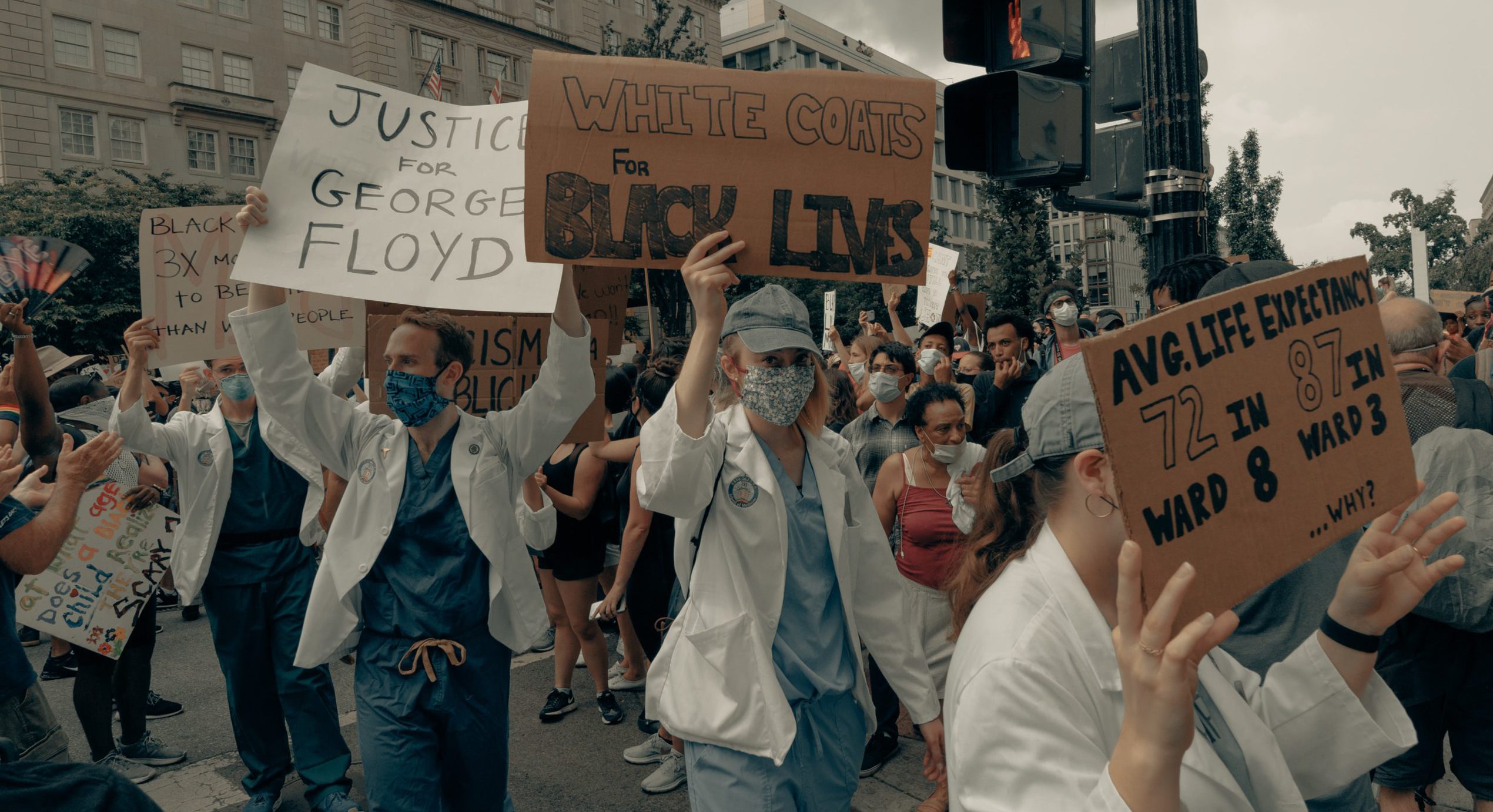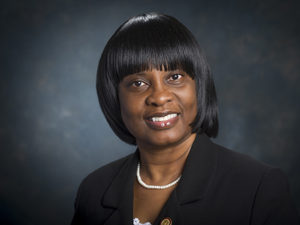Months of nationwide protests catalyzed by the murder of George Floyd, alongside COVID-19’s disproportionate impact on the Black community, sparked a nationwide reckoning: social inequities continue to define the Black experience in the US.
Systemic racism most severely affects our public health ecosystem, with a devastating impact on the health and livelihoods of Black Americans.
In our day-to-day work with healthcare professionals, we’ve seen that our system has long struggled to support the health of vulnerable populations, whether in quality of care, access to basic health services, or protections. In patient care, Black individuals are less likely to get the same treatment with pain medication, 50 percent less likely to receive counseling or mental health treatment, and are more likely to receive less desirable treatments for major diseases, such as stroke or cancer.
From where we sit, tackling inequalities in patient care starts with rethinking how we staff the health providers at the frontlines of all care centers.

Building a more inclusive public health workforce means confronting – and understanding – the realities of the current state:
- The wide opportunity gap in education: The path to becoming a doctor or nurse can be arduous and unaffordable, whether they’re pursuing the route of medical school, MSN or bachelor’s degree. Black graduates are five times as likely to default on their loans than their white peers, showing a need to invest in more financial resources to diversify student pools.
- Poor training materials: Higher education and training programs are failing to provide diverse educational materials and training that represent and reflect Black lives, and are failing to explore the roles of the social determinants of health and implicit bias. Diversifying these materials would improve personalized care and optimize patient outcomes.
- Lack of representation: Only five percent of U.S. doctors and 7.8 percent of the 3.9 million registered RNs are Black, leaving the lives of 41.4 million Black Americans (13 percent of the US population) in the hands of providers who come from vastly different backgrounds, increasing the potential risks of inappropriate treatment.
Everyone in the healthcare community has a shared responsibility to empower Black medical professionals, while providing equal access to job opportunities. As a healthcare staffing marketplace, we have a responsibility to build up a frontline of healthcare workers that reflects the racial and socioeconomic diversity of its patients.
At Vivian Health, we’ve taken the opportunity to listen, engage, and chart a course of action to bring more diversity to the healthcare workforce around the country and support higher quality of care.
Our industry commitment
We are working with the National Black Nurses Association (NBNA) and have started discussing ways to empower and grow the Black nurse community as part of this charge.
This includes conversations on how we build and strengthen recruitment pipelines, including investment in NBNA scholarships, active participation in NBNA community and mentorship programs and the development of training materials to support the education of nurses and future nurses who reflect the racial and socioeconomic diversity of patients.
 Dr. Martha Dawson, DNP, RN, 2015
Dr. Martha Dawson, DNP, RN, 2015
“We are grounded in our mission to bring equal access to healthcare through promoting Black Americans in the profession of nursing,” said Dr. Martha A. Dawson, President, National Black Nurses Association. “We need to increase the number of Black nurses to diversify the workforce and we need to increase the number of APRNs to increase the pool of primary health care providers. This will help to bring equal access to healthcare. NBNA advocates for collaboration with the communities we serve, as well as believe that nurses should reflect the nation’s diversity. We are grateful for the support that we’ve seen from several organizations, including Vivian Health, in our commitment to health care services for Black people and people of color. Together, we can work towards an equitable future.”
As we chart forward together as an industry, the National Black Nurses Association and Vivian Health have outlined the areas in which the healthcare ecosystem needs to invest to see systemic improvements:
Close the education gap:
- Increase investment in science education starting at the grade school level to spark early interest.
- Invest in scholarships and funding for prospective medical and nursing school students to ease the burden of debt.
- Re-skill professors and educators to ensure they lean on inclusive training resources.
Build a stronger pipeline for underrepresented candidates:
- Commit to industry-wide pay transparency to level the playing field.
- Recommend recruitment agencies leverage data to examine DEI retention in the healthcare workforce.
- Support institutions and multicultural professional associations organized specifically around Black individuals.
- Attend career fairs and actively recruit at Historically Black Colleges and Universities (HBCUs).
Listen, learn, and act to improve the Black healthcare worker and patient experience:
- Ensure all healthcare workers are equipped with the tools and training to treat Black patients, and fight for patient-centered care.
- Double down on access to mental health resources for Black doctors and nurses.
- Recognize and break down pervasive stigmatization in Black patient care.
We’re committed to playing our part to close the gap in hiring disparities across this professional community, for nurses and doctors alike, to ultimately overcome existing biases and racial disparities in healthcare.
Let’s keep an open dialogue on how we can work together to build the strongest frontline of diverse medical professionals. Get in touch with any ideas and suggestions in comments below.
- NBNA newsletter
- NBNA Mentoring in the Moment program
- Vivian Health #FromTheFrontlines